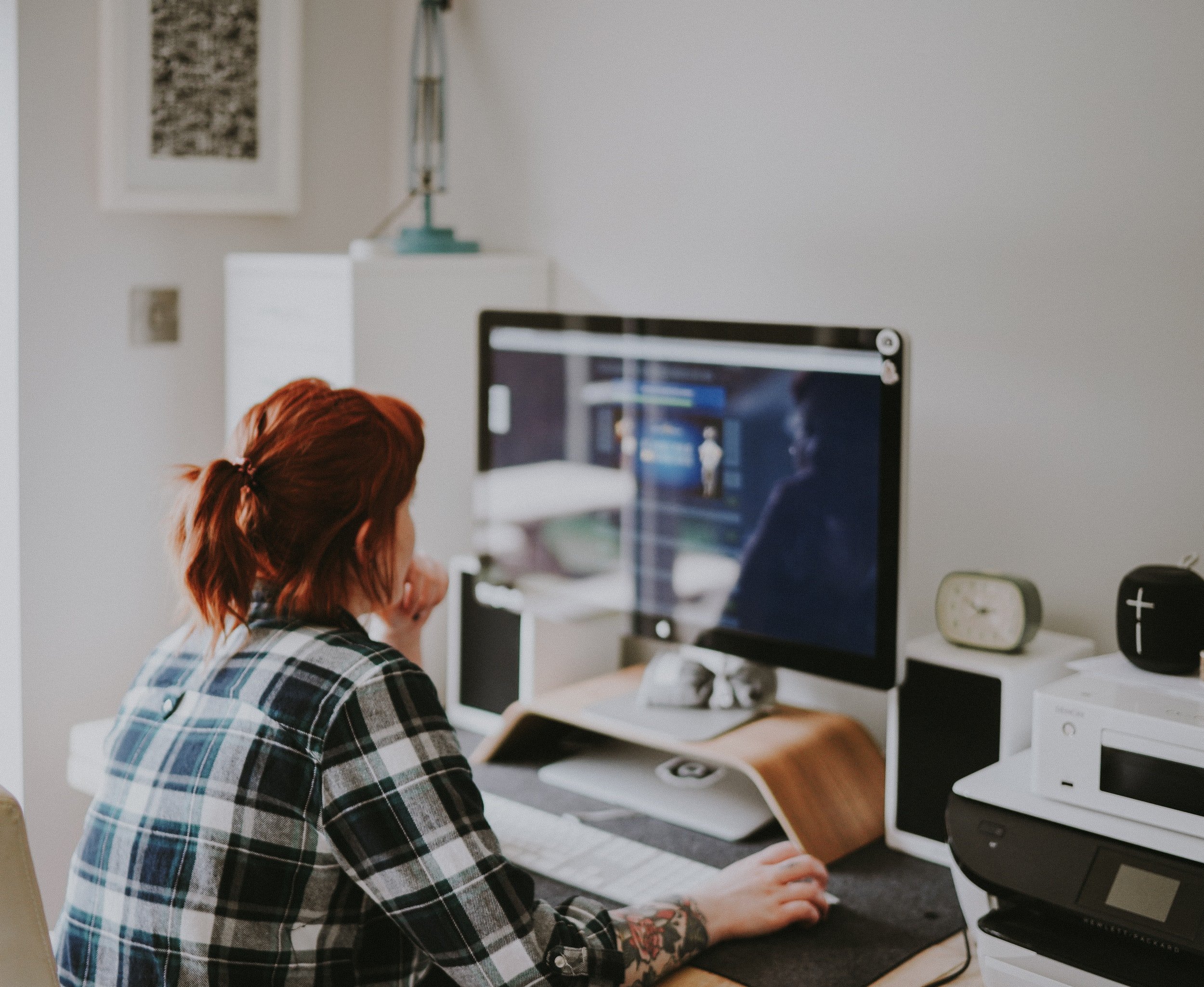Working From Home: Make Self-Care A Priority
As the end of week 5 working from home comes to an end, it is time to reflect and look at what is working well and what needs to improve. Maybe it is going swimmingly well, you have never felt healthier or more energised….or maybe not. Is there a pale, drawn exhausted face emerging from the home office at the end of every day? This was what I noticed for a while until the basics of Neuro-Wellness Coaching were re-hashed and implemented.
Firstly, and very importantly we sometimes forget that the brain is part of the body and whatever we nourish the body with, is also what we are nourishing the brain with.
Maintaining Physical Wellness as part of your self-Care involves 4 key areas, Hydration, Diet, Sleep and Exercise.
Self-Care 1 - Hydration:
While we have heard a lot about replacing the watercooler conversations on zoom, an equally important question to ask is how you are replacing the water from the water cooler. If your home office is now up in the attic or tucked away far from the water mains, are you drinking enough water? The importance of adequate hydration on a maintaining a healthy body and brain cannot be overemphasised. The body is made up of 60% water, but the brain is actually 78% water while a reduction of as little as 3% causes dehydration symptoms including headaches, tiredness, apathy and irritability. Drinking a large glass of water first thing in the morning is a great start and ensuring that you bring water to your new workplace to ensure you are adequately hydrated throughout the day is key.
Self-Care 2 - Diet:
So, it is still only a few days since the Easter chocolate was dished out. Are you snacking on the end of the Easter egg supply? Maybe you were used to going to the coffee dock picking up a nice ripe looking apple or a healthy dried fruit and seeds bar. Now at best it’s a sugary biscuit or the leftover goodies the kids have had. The brain comprises only 2% of total body weight but uses up 25-30% of what we eat. Eating more fresh fruit and vegetables and avoiding processed sugary foods will have a hugely positive effect on both physical and mental health and eliminate that headache and sluggish feeling that comes from overindulging in sugary and processed foods.
I am not going to beat anyone with the wine stick here as both my husband and I love our glass of wine but be mindful that it does suppress the release of serotonin which is the happy neuro-chemical in the body so while it can be great to relax with after a long day, it does lead to low mood which may show up the following day.
Self-Care 3 - Sleep
Most adults need 7-9 hours’ sleep per night with 8 hours being optimum. One of the central functions of sleep is that it helps consolidate long-term memory—During sleep the brain shrinks by 20% and clears out the noise we gathered during the day as well as the information that we don’t need thus improving out problem-solving and creativity during waking hours. If you are having trouble getting to sleep or find that you are waking during the night make sure that you are off your screen at least an hour before bed and try a 15-20 minute calming meditation before sleep, it really does work wonders and there are several available on all the social media platforms at the moment.
Self-care 4 - Exercise
There is a very good reason that our Government are allowing us out within 2 kilometres for exercise. Regular exercise energises the body and brain causing us to breathe more deeply. It suppresses the release of Cortisol, which is the neurochemical that drives the stress response. Exercise also stimulates the release of Serotonin, the happy chemical which makes us feel good. Making space for a 30 minutes’ walk or run, 3-4 times per week within the 2km radius will boost physical as well as mental wellbeing.
Implementing new self-care habits
Changes to our lifestyle that will improve our Wellbeing takes effort initially; constant effort is required to re-wire the brain to create a new habit. Consistency brings results. The good news is that small changes consistently carried out in each area can make a big difference. Staying well does not have to be drudgery, be creative and come up with ways which can make it more enjoyable. Good Luck!

